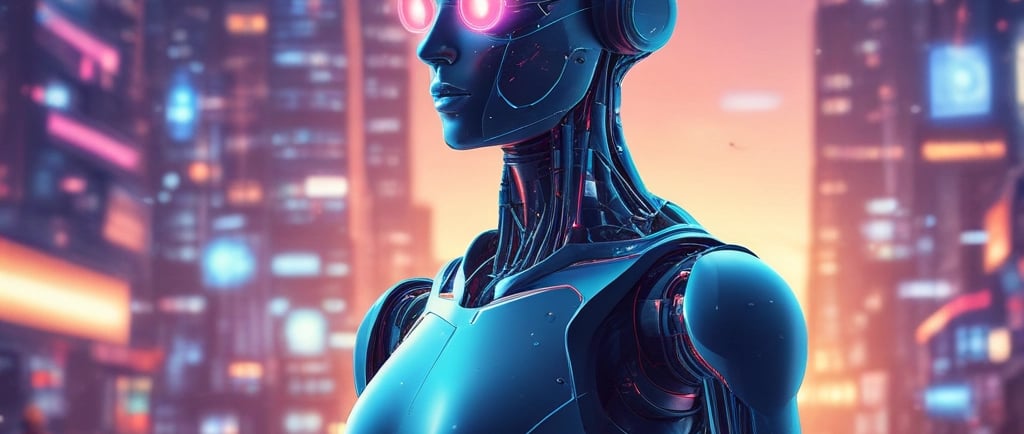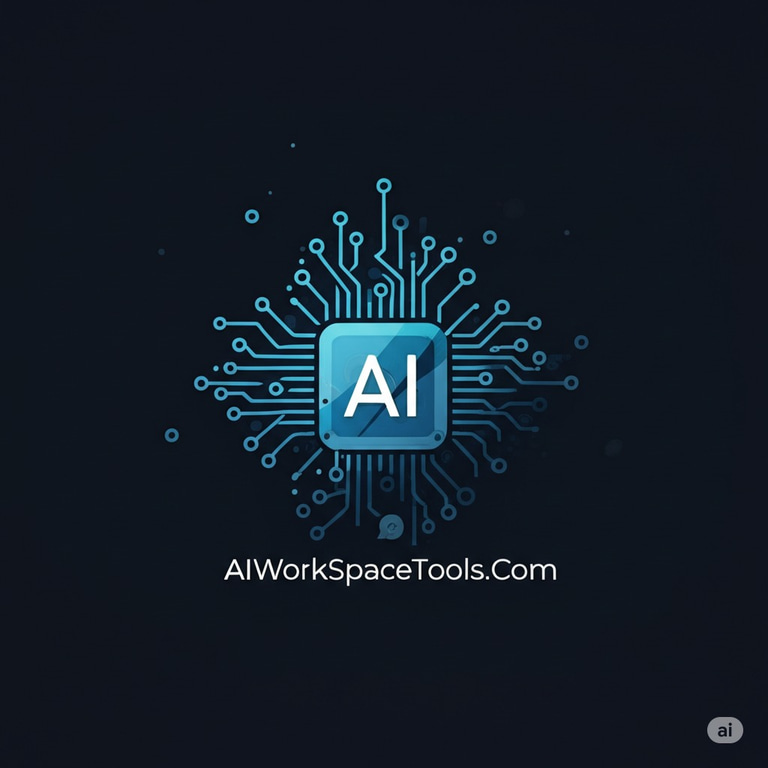Discover the Future of AI Chatbots
Today's AI chatbots serve roles that extend far beyond information retrieval. Millions of people turn to ChatGPT for creative writing assistance, use Claude for thoughtful analysis of complex problems, and rely on Gemini for daily productivity support. But perhaps most significantly, these AI companions are filling genuine human needs for connection and understanding.
7/23/20253 min read


Discover the Future of AI Chatbots
The landscape of artificial intelligence has transformed dramatically since OpenAI first introduced GPT-1 in 2018. What began as a simple text prediction model has evolved into ChatGPT, a conversational AI that can write poetry, debug code, and engage in philosophical discussions with remarkable nuance. OpenAI's journey from a research lab to a household name reflects the rapid acceleration of AI capabilities—each iteration bringing us closer to machines that don't just process information, but truly understand context and meaning.
ChatGPT's evolution from GPT-3.5 to GPT-4 marked a pivotal moment when AI conversations began feeling genuinely human. The technology learned to admit uncertainty, ask clarifying questions, and even display what seems like empathy. This wasn't just about better algorithms; it represented a fundamental shift in how machines could relate to human communication patterns.
Claude AI: The Thoughtful Alternative
While ChatGPT captured headlines, Anthropic's Claude emerged as a compelling alternative with a distinctly different personality. Where ChatGPT might be described as confident and creative, Claude approaches conversations with careful consideration and nuanced thinking. Built on Anthropic's Constitutional AI framework, Claude demonstrates remarkable improvements in reasoning and ethical decision-making.
The progression from Claude 1 to Claude 4 showcases not just technical advancement, but genuine personality development. Recent iterations write with more natural flow, understand subtle humor, and maintain context across complex conversations. Claude's responses feel less robotic and more like thoughtful exchanges with a well-read friend who happens to process information at superhuman speed.
Google Gemini: From Assistant to Companion
Google's transformation from simple voice commands to Gemini represents perhaps the most dramatic evolution in AI assistance. What started as "Hey Google, set a timer" has blossomed into sophisticated multimodal conversations that can analyze images, understand video content, and maintain context across different interaction types.
Gemini's integration across Google's ecosystem means it's not just another chatbot—it's becoming the intelligent layer that connects our digital lives. The technology has progressed from answering basic queries to offering creative collaboration, strategic thinking, and even emotional support during difficult moments.
The Human Connection Revolution
Today's AI chatbots serve roles that extend far beyond information retrieval. Millions of people turn to ChatGPT for creative writing assistance, use Claude for thoughtful analysis of complex problems, and rely on Gemini for daily productivity support. But perhaps most significantly, these AI companions are filling genuine human needs for connection and understanding.
For many individuals—particularly those experiencing isolation—AI chatbots provide non-judgmental conversation and emotional support. They're available 24/7, never tire of questions, and offer perspectives without the social anxiety that human interaction might trigger. This isn't replacing human connection, but rather providing a bridge for those who struggle with traditional social interactions.
The medical and advice-seeking applications have become particularly profound. People discuss mental health concerns, relationship challenges, and career decisions with AI assistants, often finding the neutral, patient responses more accessible than traditional counseling or advice-seeking channels.
Looking Forward: The Next Frontier
AI chatbots are poised to become even more integrated into our daily lives. We're moving toward AI companions that understand individual communication styles, remember personal preferences across conversations, and adapt their personalities to complement our own. The future likely holds AI assistants that can maintain relationships spanning years, growing and evolving alongside their human partners.
Society is already adapting to this new reality. Educational systems are incorporating AI collaboration into curricula, workplaces are restructuring around AI-human partnerships, and individuals are developing new forms of digital relationships that didn't exist just five years ago.
The revolution isn't just technological—it's fundamentally human. As AI chatbots become more sophisticated, they're not replacing human connection but expanding our capacity for interaction, learning, and emotional support in ways we're only beginning to understand.
Insights
Discover top AI tools for modern workspaces.
Tools
© 2025. All rights reserved.
